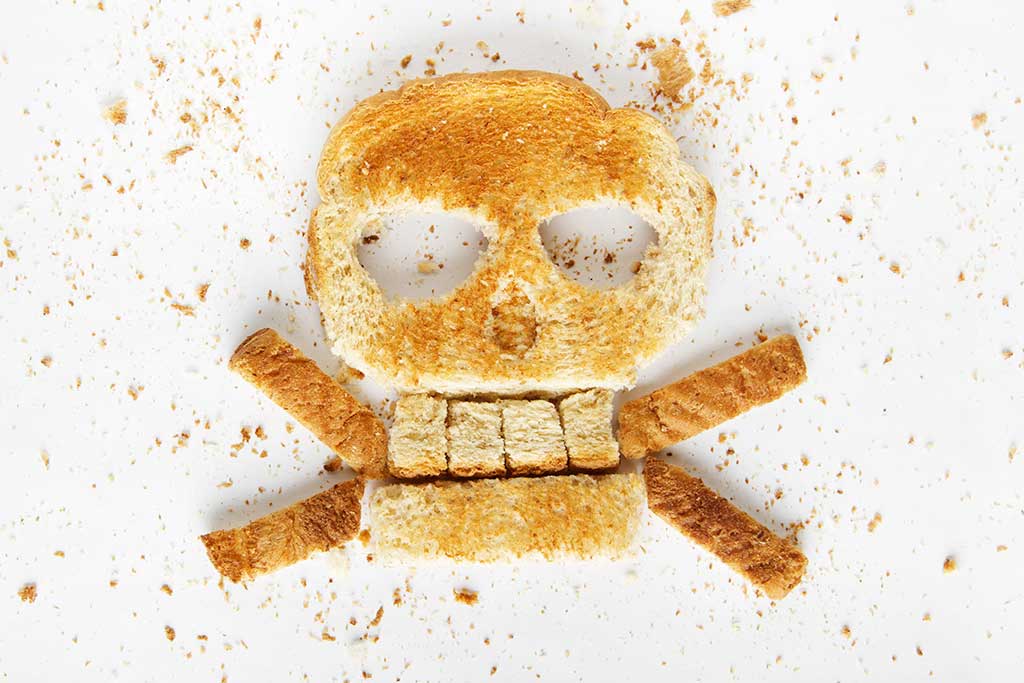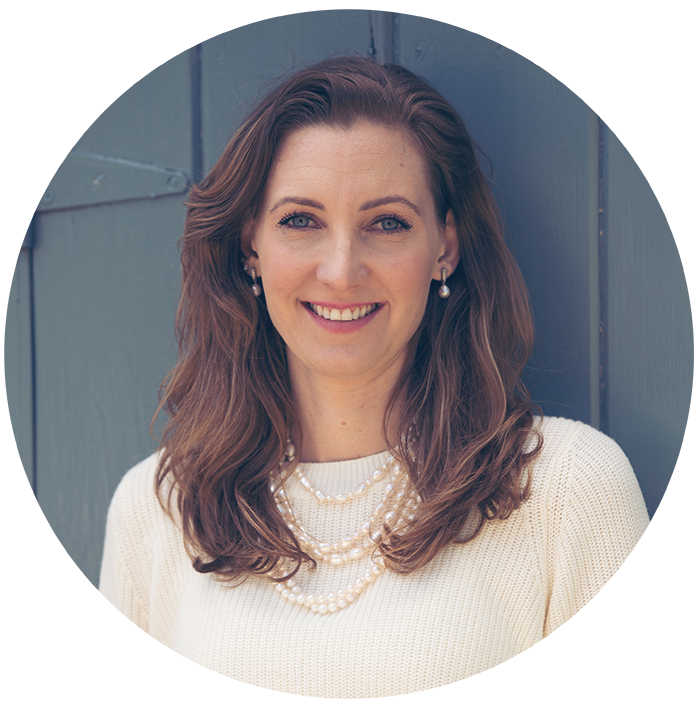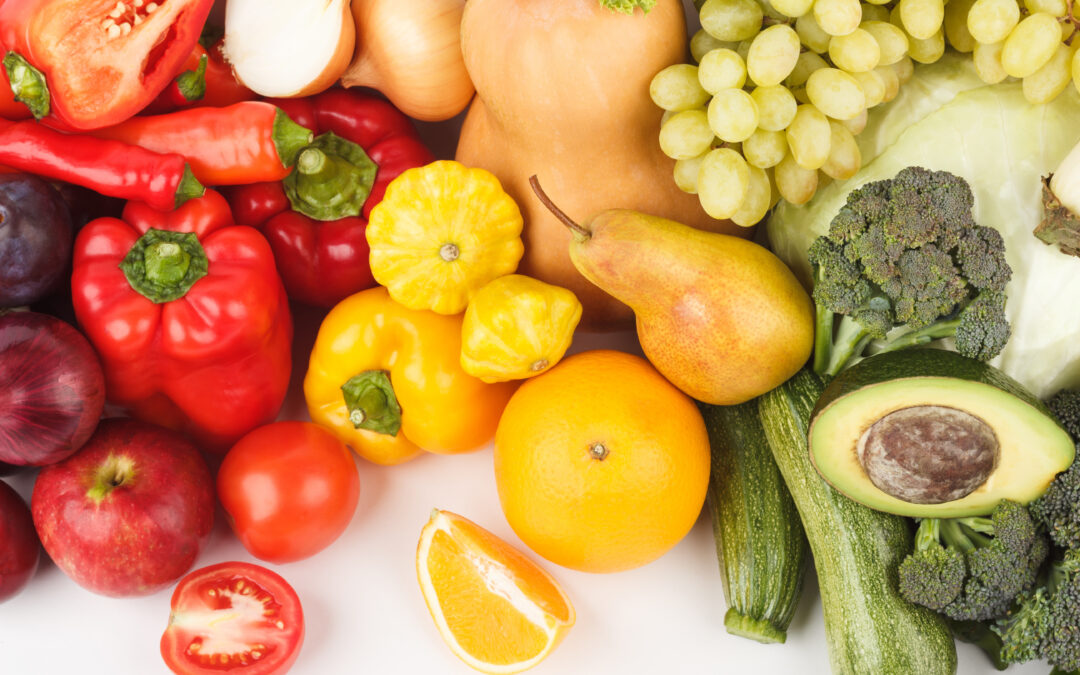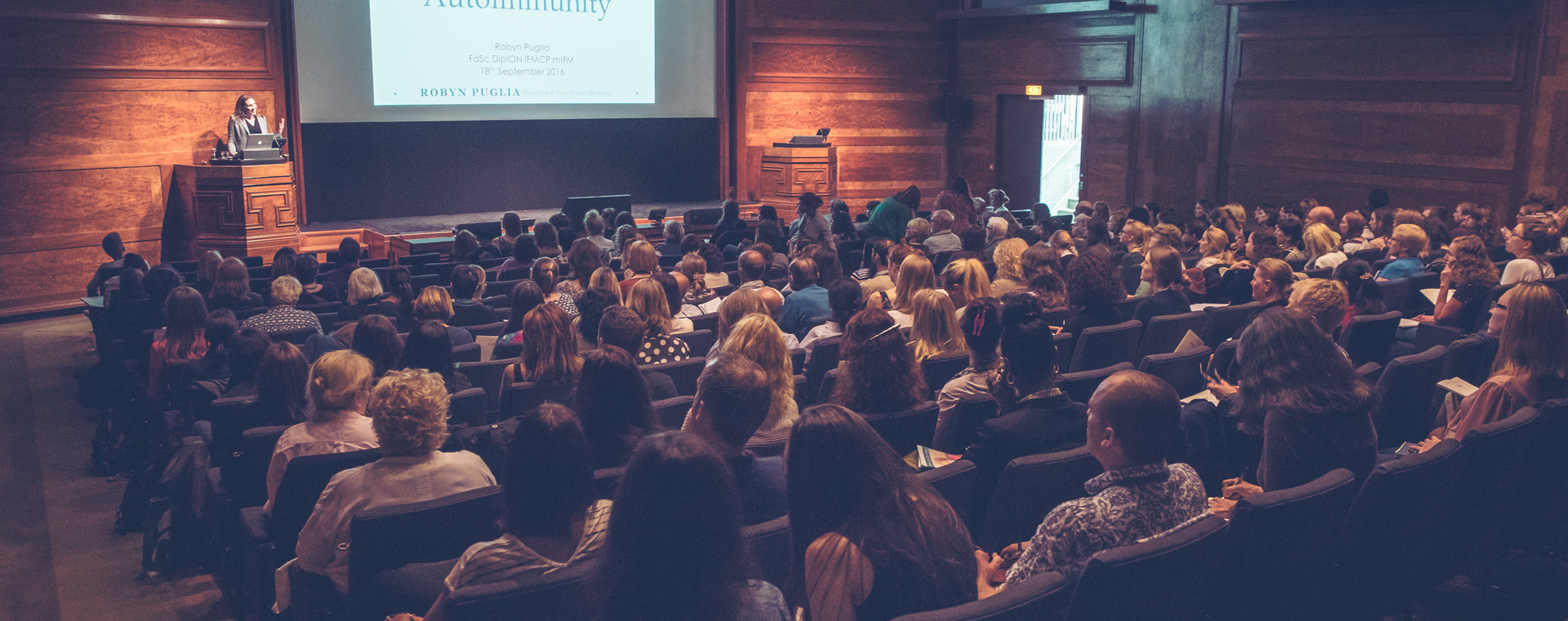What does it mean to have Coeliac Disease?
Part 1.
When I was diagnosed in 2004, I was told that my villi were completely flat, that I would need a follow-up endoscopy to make sure they were healing appropriately and that I had to follow a strict gluten-free diet for the rest of my life. And to be honest, I was not told a great deal else.
I knew a little bit about it already, as a friend’s mother had been diagnosed when I was in high school and I remember the outcry of grief as she gave up croissants, but the rest of my information came from one quick appointment with a dietician, who gave me some info about sources of gluten, some info from Coeliac UK when I moved here, which from memory was mostly about what gluten-free products were available in the UK supermarkets, and that’s about it.
Having moved about a bit, I have seen a few different GPs over the decade, and none of them seem to have a uniform message about follow-up testing required or regular screening of any kind, so I have barely had any medical supervision or guidance since the original diagnosis.
I was one of the lucky ones for whom starting the gluten free diet was a magic bullet. I wasn’t 100% compliant in the beginning, probably having a small cheat once a month or so, but became more so of my own accord as the symptoms started to get worse over the years as I healed, and ‘cheating’ had more noticeable and significant consequences. After about 2 years, a single cheat would put me in bed for roughly 2 weeks, and I really understood that this wasn’t something I could do ever. I wish I had known in the beginning what cheating meant below the surface for my body. I don’t know that it would have completely stopped me in those first few months, and while it’s very bad, I also really recognise that it’s an important part of both the learning curve and the grieving process.
When I had been GF for 5 years, I got ‘glutened’ really badly at work and I got very sick. I was covered in eczema that bled and wouldn’t heal, and I couldn’t get out of bed from fatigue. I felt like my brain was stuffed full of cotton and I could barely string a coherent sentence together. I had terrible migraines and kept getting infections. My immune system just had no defence at all it seemed.
Usually my symptoms lasted 2 weeks, 1 month max and they were never as severe as this, but this time, after three or four months had gone by I started to get really worried that it wasn’t going away. I started to go to various doctors and eventually saw a couple of nutritionists (I was in my last year of study at that time), and what I realised was: – nobody had any answers for me about why I wasn’t recovering from the gluten this time.
In hindsight, the extra-intestinal consequences of coeliac disease weren’t very well understood then, and still aren’t by a lot of the medical community today. But most importantly, I realised the I didn’t know anywhere near enough about Coeliac Disease, and that I needed to take responsibility for learning about this disease I had, myself.
I have decided to write about the areas of Coeliac Disease that I think everyone with this diagnosis needs to know, and that I wish I had known a lot sooner.
If you are newly diagnosed and reading this, then you’re ahead of the game. If you’ve been diagnosed for a while and aren’t feeling as well as you know you should, then this series of posts is for you too.
I have broken it up into a series, and I’ll be publishing one every week. It got far too long for a single post as I got on a roll with my subject.
1. Having an autoimmune disease, means that your own immune system is attacking a part, or several parts of your own body.
This was probably explained to you. However, what this really means, is that you have a problem with your immune system – which is a body-wide issue with the potential for lots of consequences that includes, but is not limited to, the specific organ or tissue that is included in your diagnosis. In Coeliac Disease, this means that your gut is being affected of course, but there are lots of other problems that occur – directly or indirectly – as a result of having an immune system that wasn’t healthy, especially as it was there, probably for years, before diagnosis.
2. The inflammation that is produced by your immune system when you were eating gluten might not have completely gone away now that you have stopped.
Having coeliac disease has been likened to having a fire in each cell of your body, because the inflammation that is produced, affects your whole body, not just your gut. When you stop eating gluten, you are no longer stoking that fire and making it worse, but it might not go away on it’s own, especially if you have inflammation in your brain. A lot of the long term consequences of CD are actually as a result of this persistent, low grade inflammation, rather than from you eating gluten and it damaging the villi in your gut. Before I was diagnosed the extent of my inflammation was pretty visible – I flushed and blushed very easily and always had what was described (kindly) as ‘rosy cheeks’. But that rosy glow flared into some pretty significant blotching and irritation if I drank alcohol, used anything but the most sensitive-skin formulated products on my skin, got hot, got cold, got embarrassed – well, you get the picture. In others it may manifest as sore joints, mouth ulcers, blood shot eyes, brain fog, sore muscles or a litany of other complaints. It took several years for my inflammation to go away, and I actually credit a good amount of that to the fact that I started studying nutrition during that time and started taking some supplements that help to reduce inflammation systemically, like fish oil.
3. You are very likely to have inflammatory reactions to other foods as well.
Including the GF products that you might be eating in place of your old favourites. In fact, in some cases, new symptoms arise as a result of the GF foods. GF foods are actually pretty empty from a nutrition perspective – they don’t contain many (if any) things that are good for you, or that will help you heal, and in fact, they generally contain a lot of additives and gums that make inflammation worse. And remember, that inflammation is a big problem that can cause a lot of your on-going symptoms. There is a big difference between a food that isn’t going to trigger your autoimmune disease, and a food that is going to help you to be healthy. And in fact, just because it isn’t going to trigger the coeliac reaction, doesn’t mean it won’t make you sick in other ways. Outside of these GF processed foods, you may well have developed inflammatory reactions to other ‘normal’ foods such as dairy products (50% of people with CD cannot tolerate Casein – the protein found in dairy) or eggs. This can happen simply because your gut was so inflamed and injured by the CD. Because of the damage, your immune system wasn’t working in the usual way, and you lost tolerance to some normal, healthy foods as a result of this. It is a very good idea, at some stage after diagnosis, to have some comprehensive testing done to see if this is the case for you, and if so, which other foods may be causing you problems and stopping you from being healthy.
Stay tuned, I’ll be adding more important issues to this list that might help to explain why you don’t feel 100% on the gluten-free diet or why you have other symptoms in other areas of your body that aren’t going away.
Learn More About Coeliac Disease
Whether you’ve just been diagnosed with Coeliac disease, or you’re a seasoned member of the No Gluten Club, there are several things I really want you to know about your condition – and I urge you to take a look at the rest of my articles in this series.
- In part one, I described my own journey with my diagnosis – but I also explore how Coeliac disease is an autoimmune disease, and why treating it isn’t always as simple as giving up gluten and reaching for the GF foods.
- In part two, I explain why you’re at a higher risk of developing another autoimmune disease, and how Coeliac disease can lead to issues with basic digestion, detoxification, hormone levels, and skin problems.
- In part three, I explore the far-reaching effects of gluten in the brain, and why Coeliac disease should be considered a disease of the brain, and not the gut.
- In part four, I outline my thoughts on why you suddenly notice new symptoms after going gluten-free!
- In part five, I talk about possible explanations for your symptoms that, at first, appear to be gluten related but actually aren’t.
If you’d like more information on any of these points, please reach out, and feel free to post your own story in the comments too.
Do you still have symptoms even though you’re on the Gluten Free Diet?
Not sure if you are even Gluten Sensitive or Coeliac?
We’d love to help you! Click here to book a call with me.
My signature course Foundations of Health is another tool to help you improve your health from the foundations up.
And if you’d like to stay up to date with my new blogs, recipes and recommendation: Sign up for my newsletter!






